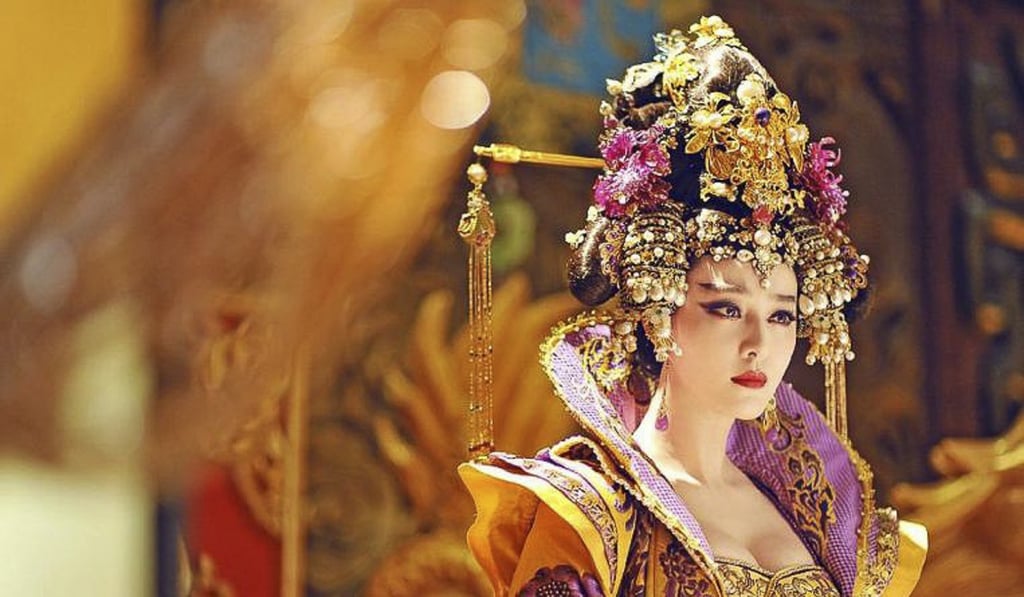Opinion | Story of Yanxi Palace: how China finds fresh political drama in lavish Qing dynasty epics
- Two new TV series are the latest in a long line of productions that have fallen foul of the authorities, highlighting a weakness in the official psyche

China’s only female emperor, Wu Zetian of the Tang dynasty (618-907), was regarded as a monstrous anomaly by the Confucian elites of her era. Women were supposed to lurk behind the throne, not sit on it. Her tombstone was left blank, unlike those of all the other (male) emperors of the era. But she got the last laugh.
One of the hit television series of 2014 in China was the 96-part The Empress of China, about Wu’s life, starring Fan Bingbing, now under a cloud but at that time the country’s fastest rising female actor. A despised female emperor had become a feminist soap opera icon, transfixing Chinese viewers more than a millennium after she had died.
It is series like The Empress of China, or the more recent Story of Yanxi Palace, whose 70 episodes set in the Qing dynasty (1644-1911) were another major hit, that have come in for criticism from the Chinese authorities. Last week, a scheduled episode of Ruyi’s Royal Love in the Palace was pulled and replaced with a contemporary drama.
Speculation is rife that the highest authorities have these lavish series in their sights, after a newspaper article condemned the “sins” and extravagance shown in such dramas.

Yet there is nothing new about Chinese drama falling foul of politicians. In the Yuan dynasty (1279-1368), Han Chinese playwrights used drama to make pointed comments about their Mongol rulers.

